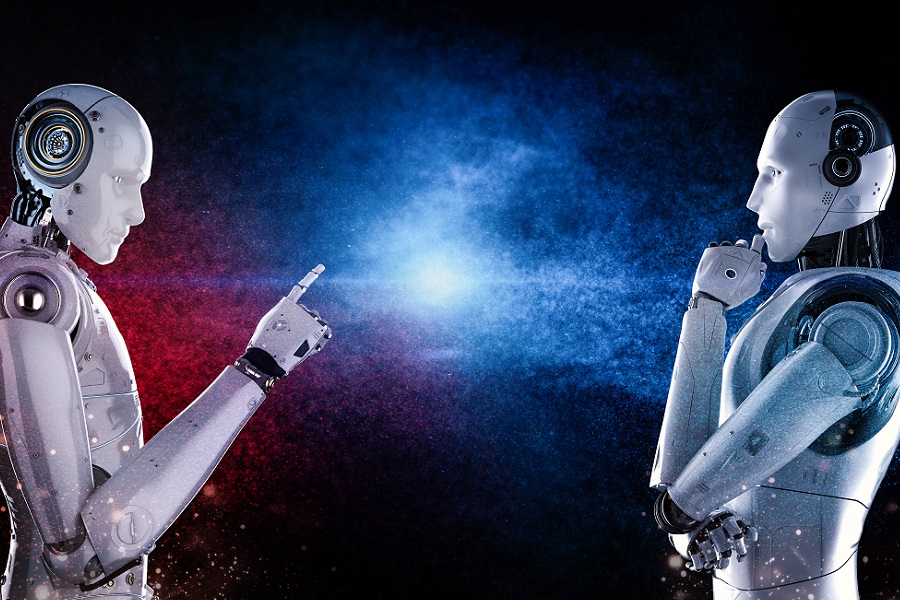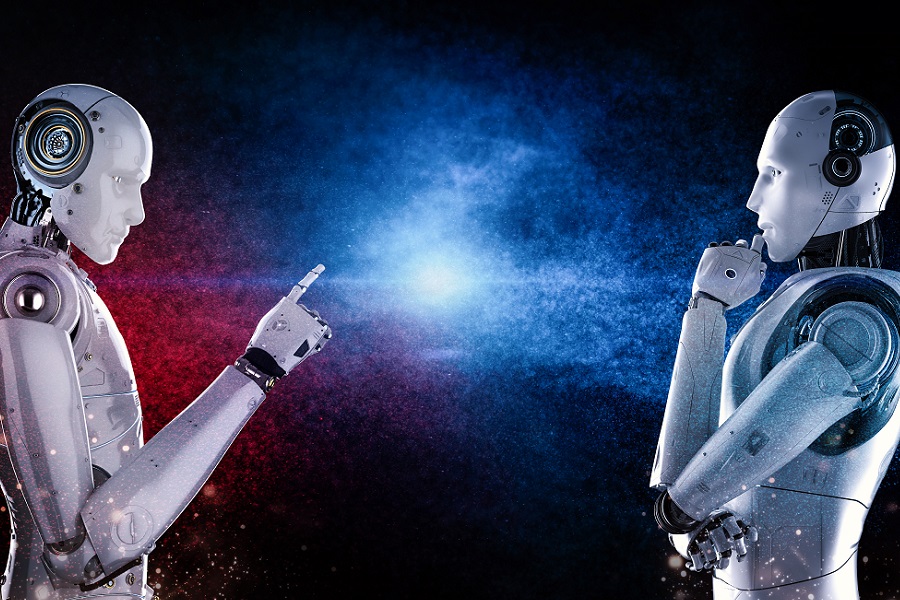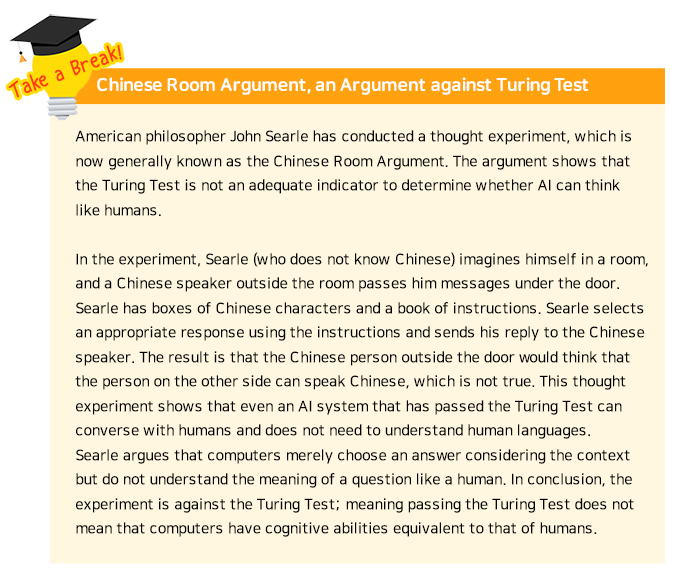loading...
Related Articles
- 2025 Key ESG Issues Through Global Trends: Insights from COP29, CES 2025, and WEF 2025
- Four Big IT Transformations for Enterprise Agility
- An Agile Approach, the Core of Corporate DT for Working Culture Innovation
- Digital ESG, a Critical Success Factor for ESG
- What Is Matter, the New Smart Home Standard?


